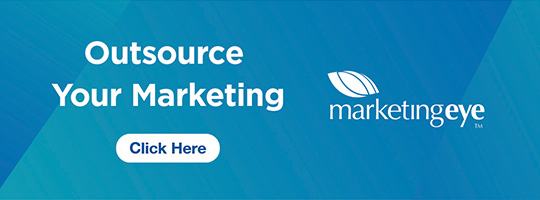Meta’s Content Moderation Overhaul: Recent changes to its content moderation policies, aimed at promoting ‘free speech’, have sparked concerns among advertisers. The company’s decision to end its fact-checking programme and relax its hate speech policies has raised fears that harmful content and misinformation may spread across its platforms, Facebook and Instagram. These changes could jeopardise Meta’s reputation as a safe space for brand advertising, and ultimately affect the billions of dollars it generates annually from marketing spend.
Meta’s New Approach to Content Moderation
For years, Meta has been a key player in digital advertising, with many brands choosing to run ads on its platforms because of its strong content moderation policies. However, the company’s recent decision to replace its fact-checking programme with a ‘community notes’ system, where users flag misinformation, has caused alarm. This change follows a similar move by Elon Musk’s X (formerly Twitter), where advertisers pulled back from the platform due to concerns over brand safety. With Meta now moving in a similar direction, advertisers are questioning whether their ads will be placed next to harmful content.
This shift is seen by many as a potential risk to Meta’s ability to maintain its advertising dominance. The company’s $135 billion annual advertising revenue relies heavily on marketers trusting that their ads will appear in environments free from harmful or misleading content. The weakening of Meta’s content moderation could lead to a loss of that trust, with advertisers looking elsewhere for safer platforms to reach their audiences.
Brand Safety Concerns and Commercial Impact
The stakes are high for Meta, as it faces growing concerns from advertisers about brand safety. The platform’s advertising revenue, which makes up the majority of its income, could be at risk if brands fear their ads might be placed next to toxic content. Advertising executives have raised alarms that Meta’s changes could hurt the platform financially if advertisers start pulling their budgets.
Fergus McCallum, CEO of advertising agency TBWA\MCR, mentioned that brands are likely to reconsider their advertising strategies on Meta. He said that if advertisers feel uncomfortable about the safety of their ads, they may decide to spend their marketing dollars elsewhere. Richard Exon, founder of Joint Advertising Agency, also warned that advertisers would quickly notice any decline in the quality of content moderation, and if that happens, they will shift their focus to platforms that offer better brand protection.
Internal and Political Changes at Meta
Meta’s content moderation overhaul also reflects broader political changes. Mark Zuckerberg, Meta’s CEO, has made several moves to align the company with political figures. One of these moves includes appointing Republican ally Joel Kaplan as Meta’s global policy chief. Meta has also added Dana White, a Trump supporter, to its board. These shifts, along with the company’s decision to scale back its diversity, equity, and inclusion (DEI) efforts, have raised questions about whether Meta is prioritising political interests over its commitment to responsible content moderation.
In an interview on Joe Rogan’s podcast, Zuckerberg suggested that corporations need to embrace more “masculine energy.” He also called for a “celebration of aggression,” which has caused controversy.
These changes have left many wondering whether Meta’s focus on political alliances could alienate its advertisers. Advertisers have long relied on the platform’s commitment to safe and responsible content.
The Future of Content Moderation on Meta
Meta’s move to replace professional fact-checkers with a community-driven system could impact its reputation in the advertising industry. Advertisers want platforms where they can trust their ads won’t appear next to harmful or misleading content. As Meta experiments with this new approach, it faces a challenge. The company must prove it can still offer a safe space for advertisers while embracing its new political direction.
The future of Meta’s advertising business depends on how well the company balances free speech with brand safety. If advertisers feel the changes will harm their campaigns or reputations, they may shift their budgets to other platforms. The coming months will be critical for Meta as it navigates these changes and strives to maintain its position as a leading digital advertising platform.







Comments are closed.